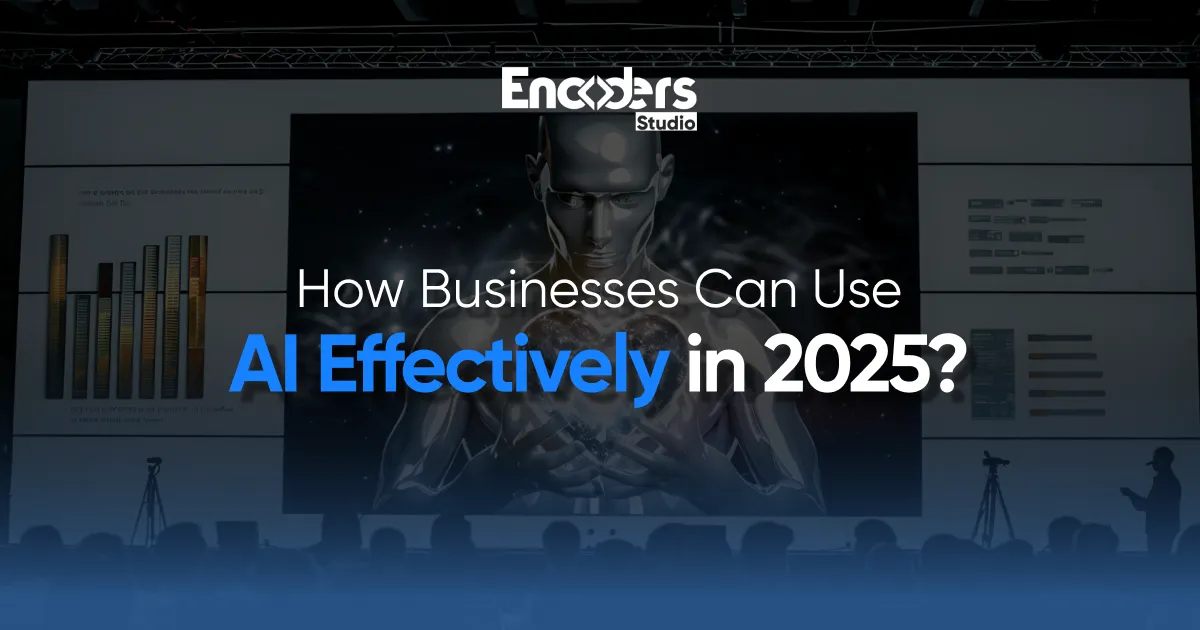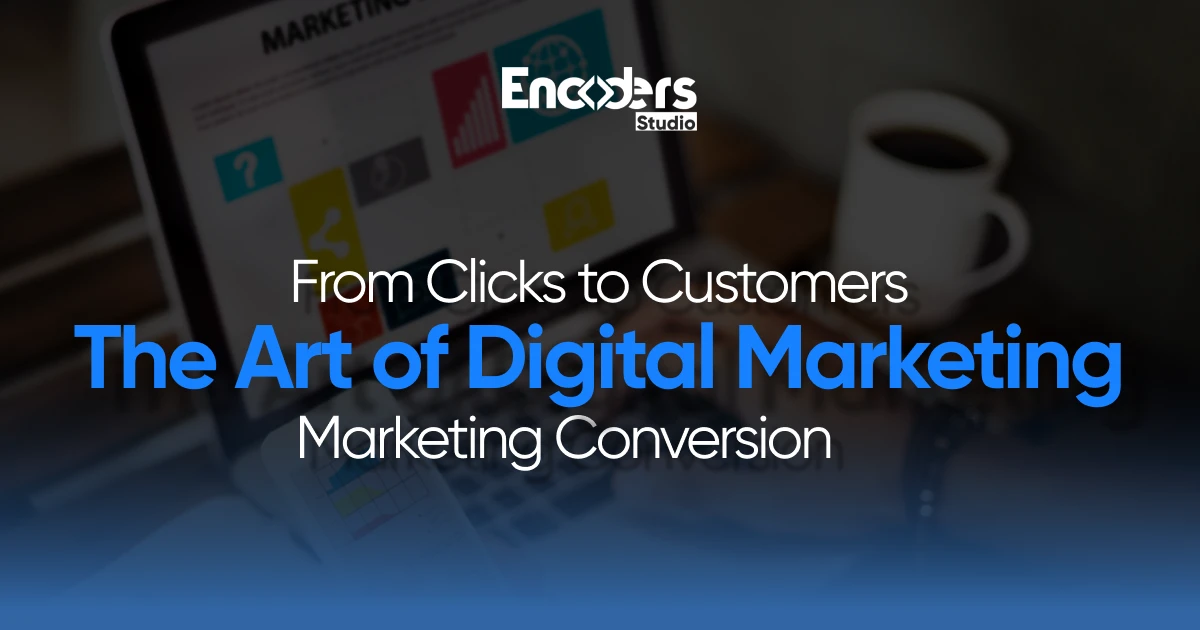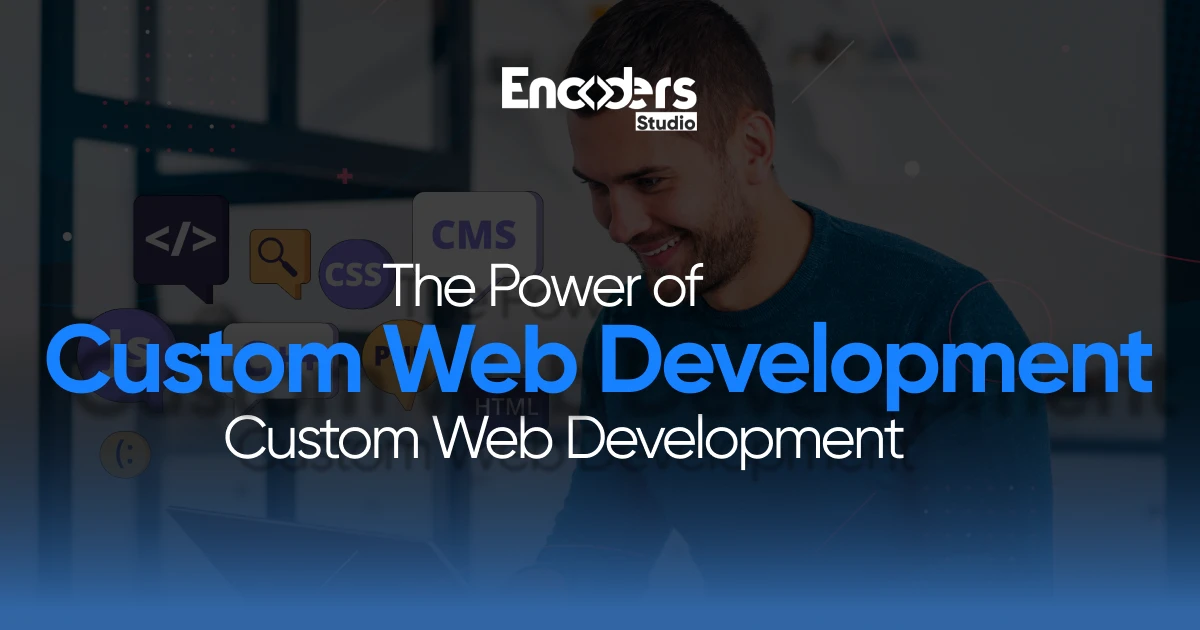AI is transforming the way companies do business right now. Organizations of all sizes can now use artificial intelligence to grow faster and work more efficiently without needing specialized technical skills.
These AI tools are easy to use. You don’t need technical skills to implement them, and they’re affordable for businesses with different budgets. Companies that implement these technologies strategically are seeing real improvements in productivity and customer satisfaction. They can analyze customer data more effectively, personalize their marketing efforts, streamline operations, and forecast trends with greater accuracy.
Understanding how AI can be used in business processes is essential for staying competitive in today’s market. The practical applications span across every department, from customer service to marketing to product development and finance.
Are Businesses Using AI?
Yes, businesses across virtually every industry are increasingly adopting AI technologies. The adoption rate has accelerated dramatically since 2022, with tools becoming more user-friendly and affordable. 40% of companies are already using it to boost efficiency, improve customer experiences and stay ahead of the competition.
Small businesses have been surprisingly quick to adopt certain AI tools, particularly for:
- Customer service automation
- Marketing optimization
- Financial forecasting
- Inventory management
- Content creation
Many business leaders report that their initial hesitation about AI complexity was unfounded. Today’s solutions are often designed with non-technical users in mind, making them accessible to organizations with limited IT resources.
The competitive advantage gained by early adopters has motivated many more businesses to explore how generative AI models can be used in business operations, even if they start with just one or two applications like boosting an online presence, as explored in how to start an online business in Pakistan.
9 Ways Businesses Can Use AI Effectively in 2025
1. Automated Customer Service
AI-powered chatbots and virtual assistants have evolved significantly. They now handle complex customer interactions with remarkable accuracy. These systems can:
- Answer frequently asked questions instantly
- Process returns and exchanges
- Schedule appointments
- Gather customer feedback
- Escalate complex issues to human agents
The latest chatbots learn from each interaction, continuously improving their responses. They operate 24/7, ensuring customers receive immediate support regardless of time zone or business hours. For businesses wondering how small businesses can use generative AI, customer service is often an excellent entry point with measurable ROI.
Check out how AI-driven chatbots transform customer engagement, a perfect pairing with digital marketing efforts for small businesses seeking measurable ROI.
2. Data Analysis and Business Intelligence
AI excels at finding patterns in large datasets that humans might miss. Modern AI tools can analyze customer behavior, market trends, and operational metrics to generate actionable insights. These tools help businesses identify sales opportunities, predict market changes, spot inefficiencies in operations, understand customer preferences, and make evidence-based decisions.
The beauty of today’s AI analytics platforms is their ability to present complex findings in simple, visual formats. This makes sophisticated data analysis accessible to team members without statistical backgrounds.
For a deeper dive into tracking performance, see our guide on top SEO tools for analyzing website performance.
3. Personalized Marketing
AI has changed how businesses approach marketing. It allows companies to personalize their marketing at scale. Modern AI marketing tools help businesses:
- Create customer segments based on specific behaviors
- Generate product recommendations tailored to individual preferences
- Send emails at optimal times for each customer
- Create more effective headlines and ad copy
These capabilities help businesses deliver more relevant messages to customers. This leads to better engagement and higher conversion rates. Companies report seeing immense improvements in campaign performance after implementing AI-driven personalization. Businesses see huge leaps in campaign success with AI-driven personalization, especially when paired with PPC management.
4. Process Automation
Repetitive tasks take up valuable employee time. AI automation tools handle these tasks quickly and accurately. This frees employees to focus on creative and strategic work.
Businesses can automate:
- Invoice processing and payment matching
- Employee onboarding paperwork
- Inventory management and reordering
- Report generation and data entry
Automation saves time and reduces errors. It creates consistent workflows that improve business operations. Many companies find that automating routine processes can reduce operational costs by up to 30% while improving accuracy and compliance. AI-powered automation also scales easily as a business grows, handling increased workloads without requiring proportional staff increases.
5. Product Development and Innovation
AI tools now assist in the creative aspects of business, which helps teams generate new product ideas and improve existing offerings. These systems analyze market trends and competitor products to suggest innovative features that might appeal to target customers.
Companies use AI to analyze customer feedback at scale, simulate product performance under various conditions, generate design variations, predict market reception to new features, and identify unmet customer needs. The technology processes thousands of customer reviews and social media comments to extract meaningful insights that human teams might miss.
For entrepreneurs thinking ‘how can I use AI to start a business’, these tools help validate ideas before making major investments. AI can significantly reduce the time from concept to market-ready product.
6. Enhanced Recruitment and HR
Finding and keeping talented employees remains challenging for many businesses. AI makes the hiring process more efficient and effective. It scans resumes to identify qualified candidates while reducing bias in hiring decisions. In addition, I can predict which employees might leave the company and why, allowing for preventive measures.
AI tools analyze job descriptions to find potentially biased language and suggest more inclusive alternatives. They conduct preliminary video interviews and assess candidate responses objectively. These systems provide hiring managers with insights they might miss during traditional interviews.
These applications help HR departments work more efficiently while improving both hiring quality and employee satisfaction. Companies using AI in recruitment report faster hiring cycles and better retention of new employees, especially during their critical first year.
7. Supply Chain Optimization
Supply chains generate enormous amounts of data. They simulate multiple supply chain scenarios to develop robust contingency plans for various disruptions. Businesses aim to decrease transportation expenses with optimized routes and load consolidation.
Modern AI systems can:
- Predict shipping delays before they occur
- Optimize inventory levels across multiple locations
- Recommend the most efficient delivery routes
- Identify potential supplier problems
- Adjust ordering based on seasonal patterns
The market size in the Artificial Intelligence market is projected to reach US$244.22bn in 2025. The market size is expected to show an annual growth rate (CAGR 2025-2031) of 26.60%, resulting in a market volume of US$1.01tn by 2031.
8. Content Creation and Management
Content generation has become one of the most widely adopted AI applications. Businesses use AI to create blog posts, social media updates, marketing copy, and product descriptions. It generates visual content, translates materials for global markets, and produces video scripts tailored to specific audiences.
The latest AI content tools maintain a consistent brand voice across all materials while adapting content for different platforms. They analyze engagement metrics to recommend improvements and identify optimal posting schedules based on audience behavior patterns. For businesses, this means staying connected with audiences efficiently—a strength we harness in our social media marketing services.
- Generate months of social media content in hours instead of weeks
- Create product descriptions that highlight key features in a consistent style
- Translate marketing materials into multiple languages while preserving tone and intent
- Produce first drafts of articles and blog posts that need minimal human editing
Knowing how small businesses can use generative AI for content creation allows companies to maintain consistent communication with their audience without expanding their team.
9. Financial Management and Forecasting
AI tools help businesses predict cash flow patterns, detect unusual transactions that might indicate fraud, optimize budgets based on historical patterns, and analyze potential investments. Advanced financial AI identifies subtle patterns that might indicate problems or opportunities that traditional analysis could miss. These systems continuously learn from new financial data, becoming more accurate and personalized to your business over time.
- Reduce time spent on financial reporting with automated data analysis
- Identify potential cash flow issues before they impact operations
- Optimize pricing strategies based on market conditions and costs
- Automate routine accounting tasks to free finance teams for strategic work
These applications remove much of the uncertainty from financial planning, allowing businesses to make more confident decisions about resource allocation and future investments.
Takeaway
AI has moved beyond hype to become an essential business tool in 2025. The key to success lies not in adopting every available AI technology, but in strategically implementing solutions that address your specific business challenges. Now is the time for forward-thinking businesses to explore how AI can be used in business processes to secure their competitive position in an increasingly digital marketplace starting with a strong SEO foundation.
Ready to utilize the true power of AI but not sure where to begin? Encoders Studio specializes in demystifying artificial intelligence for businesses just like yours. Our experts engineer tailored AI solutions that solve real business problems and deliver measurable results. We translate complex AI capabilities into practical tools that drive growth, efficiency, and innovation for your specific industry needs.
Partner with Encoders Studio and transform how your business operates in the digital age!
FAQs
What is the minimum budget needed to implement AI in a small business?
Many AI tools now operate on subscription models starting as low as $50-100 monthly, making them accessible to even small businesses. The key is selecting focused solutions that address specific needs rather than comprehensive systems that require significant investment.
Do employees need special training to work with AI tools?
Most modern business AI tools are designed with non-technical users in mind. While some basic training is beneficial, many solutions feature intuitive interfaces that resemble familiar software. The learning curve is typically much shorter than businesses expect.
How long does it take to see ROI from AI implementation?
This varies by application, but many businesses report seeing returns within 3-6 months for targeted implementations like customer service automation or marketing optimization. More complex systems for data analysis or supply chain management may take 6-12 months to show significant ROI.
Is customer data safe when using AI systems?
Reputable AI vendors build strong security measures into their products. However, businesses should always perform due diligence regarding data handling practices, ensure compliance with regulations like GDPR, and implement proper access controls for AI systems that process sensitive information.




